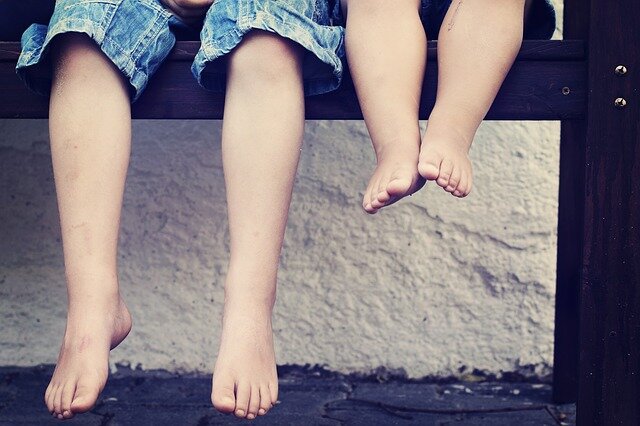Children Suffer with Arthritis Too
At Goldsmith Podiatry, we know when many of our Manhattan patients hear “arthritis,” they immediately think of senior citizens. However, July is Juvenile Arthritis Awareness Month and a good opportunity to share some information about this condition that affects nearly 300,000 children and teens in our country.
The term Juvenile Arthritis, or JA, (also known as a pediatric rheumatic disease) isn’t one specific disease. It’s an umbrella term that describes inflammatory and rheumatic diseases that affect children under the age of 16. Most types of JA are autoinflammatory or autoimmune diseases. What this means is that the immune system, which is supposed to fight off viruses and germs, gets confused and instead attacks healthy cells by releasing inflammatory chemicals.
Signs and Symptoms
Usually, joint inflammation, pain, tenderness, and swelling are part of JA. There are some types, however, with few or no joint symptoms. Other areas of the body that can be affected by JA include:
Skin
Eyes
Internal organs
Young patients with JA may also experience fatigue, loss of appetite, and a high, spiking fever.
Seek Treatment
If your child or teenager is experiencing joint pain, inflammation, or tenderness in their feet, toes, or ankles, it’s important to get it evaluated promptly by our podiatrists, Dr. Howard Goldsmith or Dr. Rosanna Troia. Make an appointment at our Upper West Side office by calling: (212) 877-1002. Our foot doctors will do a comprehensive podiatric examination on your child and also get a complete medical history. If they rule out injury or other foot conditions and suspect JA may be at the root of the pain and discomfort, they will refer you to a doctor that specializes in pediatric rheumatology.
Although there is no cure for JA, getting it diagnosed in its early stages and responding with aggressive treatment can help patients achieve remission—meaning little or no disease activity.
Treatment plans may include any and all of the following components:
Medication
Complementary therapies such as massage, acupuncture, mind-body therapies
Regular physical activity
Changes in eating habits
If you have questions about podiatric symptoms your child is experiencing, contact us today 212-877-1002

